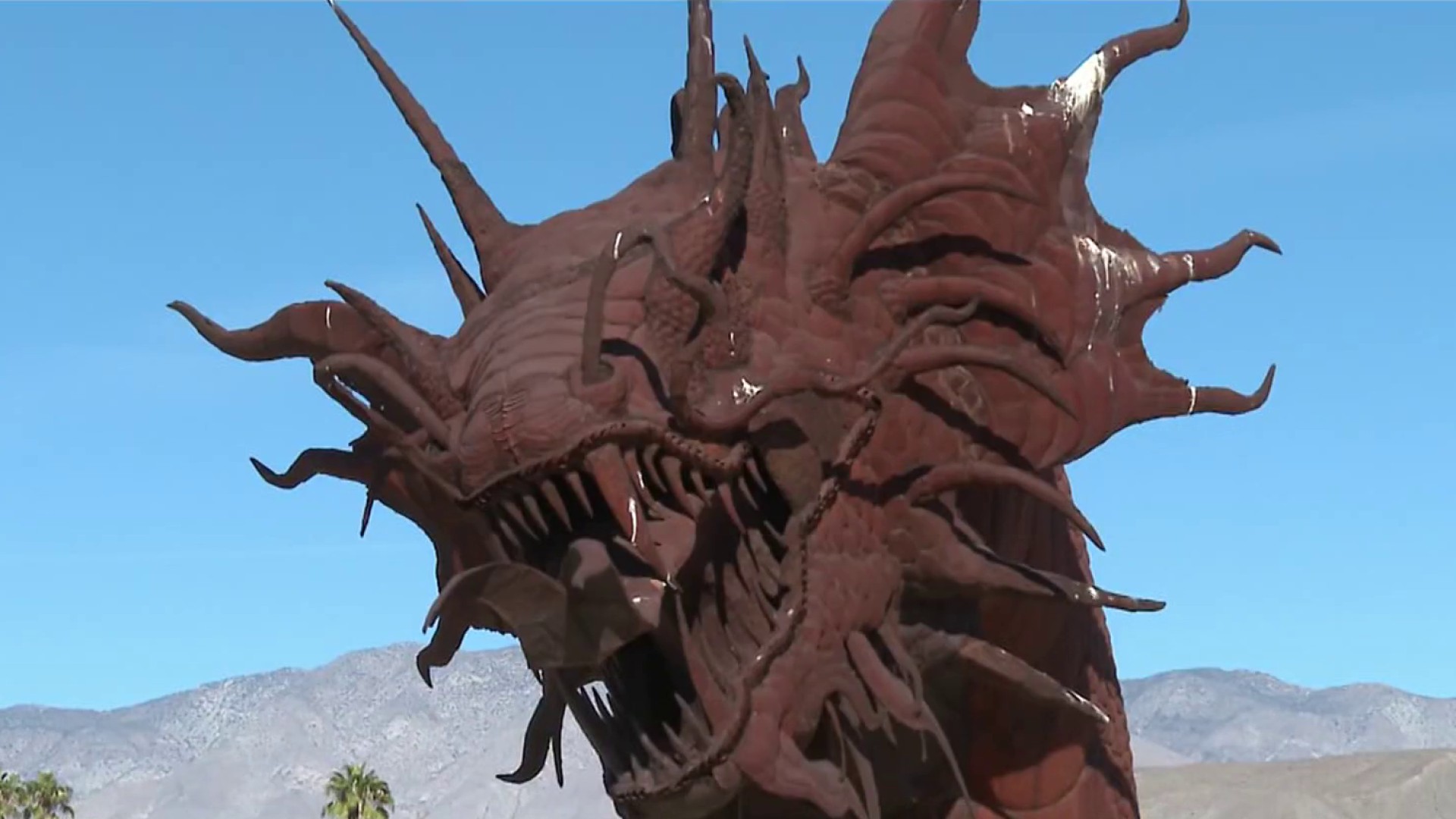“I just struggle with just basic things, like I have to lay down and rest after I do the dishes. The laundry is always impossible because I’m just lifting and it’s heavy and my hands will start to hurt and swell,” said Katrina Webb, a “long-haul” COVID-19 survivor.
That's what some survivors are being called -- those who were considered “recovered” from the deadly disease but still deal with painful and sometimes dangerous after-effects of the disease weeks and months after their initial infection.
“It’s gotten to the point where it’s been difficult to care for myself,” Webb said. “My daughter is with her grandma now just because it was too hard for her to stay with me when I wasn’t able to do the things you’re supposed to do as a parent.”
Webb, an engineer from Rancho Bernardo, is part of a support group that has spread to every part of the globe called Survivor Corps. In four months, the Facebook group has grown to over 85,000 members. The group is the brain child of Diana Berrent, who had COVID-19 in March and was looking for support from others like her.
The group started as an opportunity for survivors to donate plasma and participate in scientific trials to help curb the tide of the pandemic and in doing so created the most civil conversation of 85,000+ strangers going on in America, Berrent said.
Over 1,000 members have participated in a conducted by researchers from the University of Indiana documenting the most common issues post-COVID-19 issues. They include things like chronic fatigue, hair loss, strokes, and COVID on-set Diabetes.
“These doctors and scientists are learning from us,” said Jennica Harris, a mom from San Marcos. “And it’s good that there is a place where we can go to when we feel so alone and nobody else can understand what someone else is going through.”
Local
Harris’ husband, a commercial pilot, was called into work. She says he went to Mexico for one night.
“He didn’t leave his room, just stayed in his hotel room and got back and I was really paranoid to get him home, so I quarantined him for 2 weeks in our guest bedroom, Harris said. “Within 5-10 days I started showing symptoms and so did my daughter.”
Months after being diagnosed with COVID-19, both women say their bodies have been ravaged and they still can’t do everything they could do before.
Photos: COVID-19 Survivors Journal Symptoms and After Effects
"I go back through my pictures, through my photo albums and I look at who I was and what my body was before and my family and how happy we were, and I sometimes wish we could go back in time and skip this entire year," Harris said.
“I’m not the active person that I used to be,” Harris said. “I can’t do everyday activities, washing dishes, cooking, cleaning. For many months I couldn’t even hold my son. I tried to hold him when I had strength and he didn’t want me anymore. It was pretty devastating.”
Many people in the group are trying to promote awareness and help people realize that even if you don’t go to the hospital and you just have “mild” symptoms your life can change.
“It’s scary. Doctors don’t really know that much, so you can’t really get answers,” said Mackenzie Saideman, a Survivor Corps member from Mira Mesa. “I’m 23 years old, I’ve never had any health issues, and I’m still struggling every single day."
“I went to a music festival March 7 and then I tested positive on March 16, so I would assume that would be where I got it,” Saideman said. "I lost my smell and taste and it’s been about four months now, actually almost four months and my sense of smell and taste is not completely back.”
A June graduate of UC San Diego, Saideman says she just started working full-time. On top of starting a new job, she had to deal with life after COVID.
“After two months I started experiencing abdominal pain," Saideman said. “I was looking on Reddit, I was looking everywhere for information. No one knew anything. I talked to my doctor and he said it’s just anxiety, but It’s my abdomen it’s not anxiety.”
According to Berrent, the medical community is not tracking people who have had mild symptoms and are recovering at home. She says her group provides a place to address the gap. Berrent says that with over 4 million people affected by the virus, the symptoms are provide a staggering look ahead at healthcare for years to come.
During her interview, Harris summed up what the group and its members want to do.
"I want to bring awareness, I don’t want to invoke fear," she said.
For more on the advice that these survivors have for the rest of San Diego, click here.



